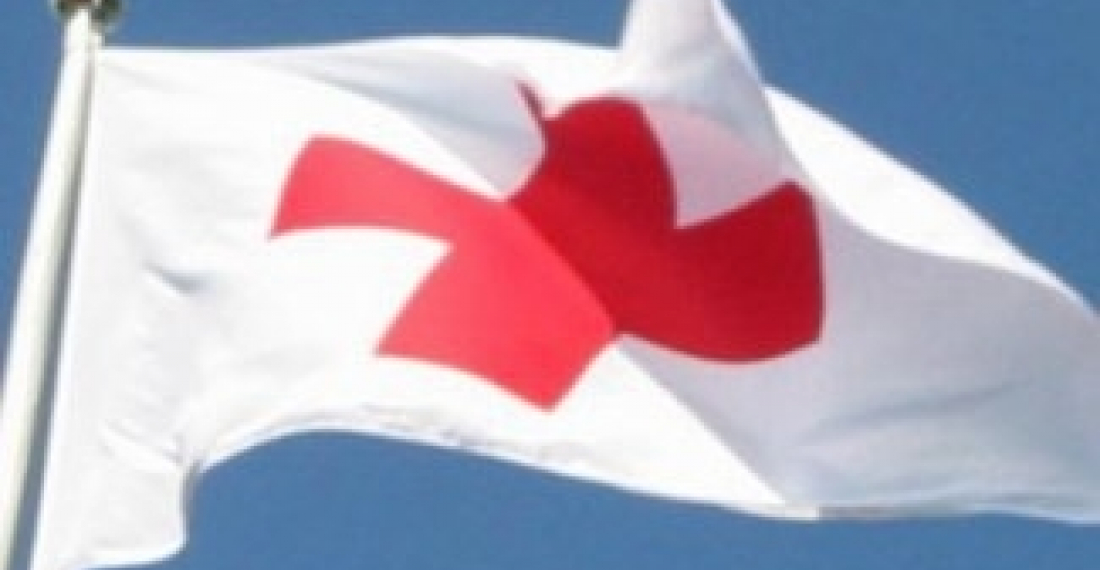Media contact person for the International Committee of the Red Cross (ICRC) Delegation to Azerbaijan Ilaha Huseynova told APA that Armenian civilians were handed over to the Armenian government agencies on Gazakh-Ijevan highway on March 20 through the mediation of ICRC.
Firudin Sadigov, head of the working group of the State Commission on Prisoners of War, Hostages and Missing Persons, told APA that Armenian civilians were handed over in Bala Jeferli village of Gazakh region, no incident occured during the process of handover. Sadigov noted that Azerbaijan always abides by the international humanitarian norms.
"Azerbaijan has shown an example that captives and hostages can be handed over in the short period of time. Azerbaijan has always abided by the humanitarian principles," he said.
On March 16 at 16:50, resident of Dovekh village of Armenia’s Noyemberyan region Karyan Durmus and on March 17 at 16:20, resident of Ayqovid village of Ijevan region Arakelyan Anahid Hamazasovna were detained by Azerbaijani Armed Forces while crossing the contact line in Gazakh region.
News.Az







